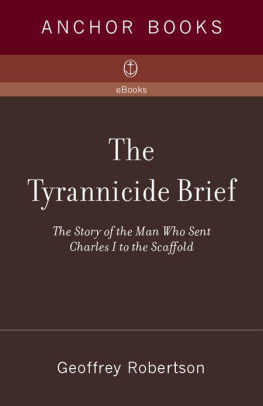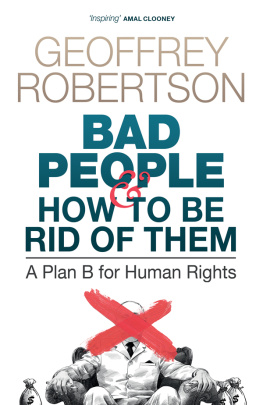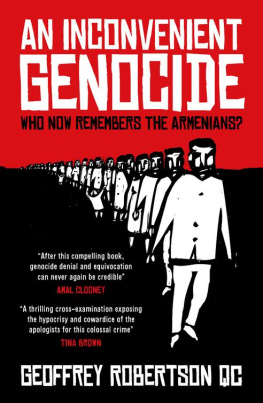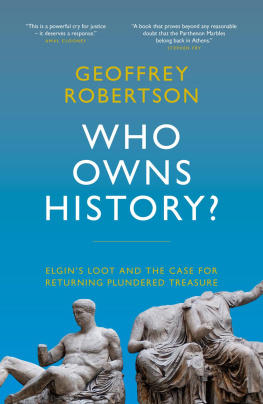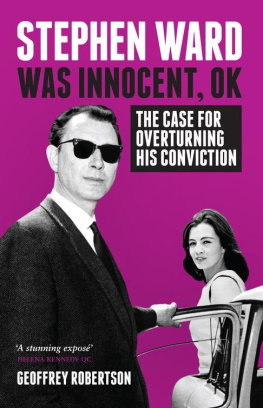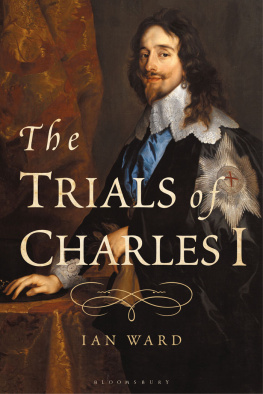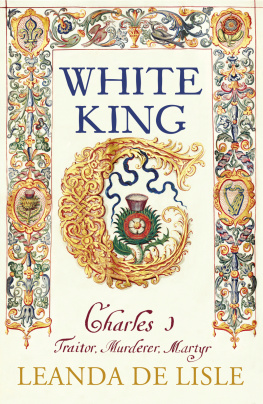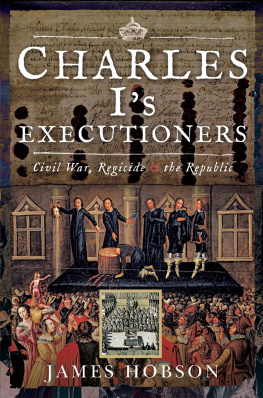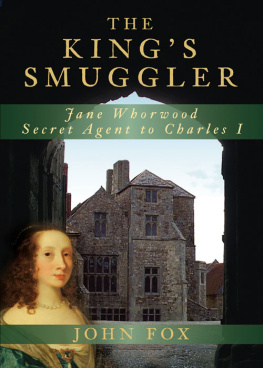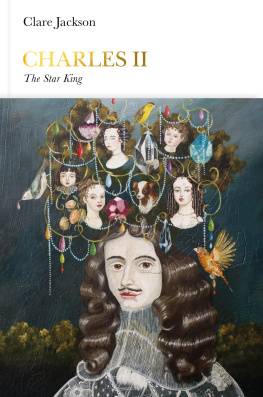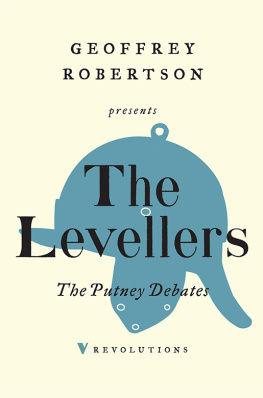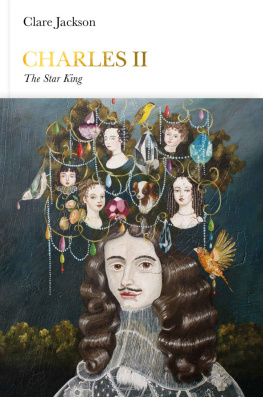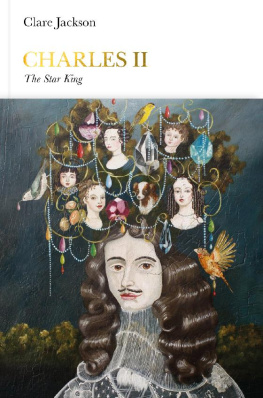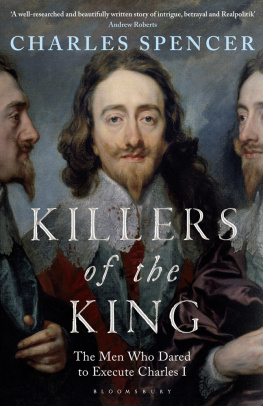Preface
This is the story of an obscure lawyer once called upon to make history. The severed head that spoiled Pepys's pleasant view over London had previously been attached to body parts inspected by John Evelyn, another diarist whose wit has proved congenial to modern times. He gloated Oh, the miraculous providence of God!, at the sight of a basket just brought from the gallows to feed the stray dogs at Aldersgate. It contained hearts, testicles and penises, mangled, and cut, and reeking, of men hanged, drawn and quartered at Charing Cross. One was John Cooke, for the past decade a judge acclaimed for law reform and for championing the poor, the first to propose a host of institutions we now take for granted, including a national health service and legal aid. Cooke had been executed for demanding the kind of justice that, 350 years later, the world at last would want: the ending of impunity for rulers responsible for making war on their own people.
That such a man should have been torn quite literally to pieces after a rigged trial at the Old Bailey, remains one of English history's most shameful episodes, white-washed by lawyers and ignored by historians. Today, John Cooke is only mentioned as a passing wraith in books which dismiss him as an embittered Puritan fanatic or as a dodgy lawyer prepared to do the dirty work for the rising Cromwell. These caricatures are so at odds with the actual records his published writings, the transcripts of his speeches and what can be gleaned of his personal life that fairness requires a belated defence for this bravest of all barristers, who died for the highest principle of advocacy.
The bad press received by the regicides has been attributed to the fact that history is written by winners, and John Cooke's actions have certainly been interpreted by historians with their own agenda in the words of W. S. Gilbert's sentient sentry, either a little liberal, or else a little conservative'. For Tory writers, the trial and execution of Charles I were straightforward crimes of treason and murder. The Whig historians who refurbished Cromwell's reputation were inclined to accept the unlawfulness of the proceedings, passing over them quickly with the excuse (attributed to Cromwell as he inspected the King's corpse) of cruel necessity. Neither school has bothered about the regicide trial, other than to praise Charles II for confining his vengeance to those who had prosecuted his father. Leftwing authors have preferred to celebrate the Levellers the journalistagitators who first suggested that the King should be prosecuted but who went to water (or to the country) when the hard decisions about that trial had to be made, and later forged shady alliances with royalists. It is doubtful whether any English author, even today, can approach the King's trial without some antagonistic sentiment it seems so wrong to have cut off the head of the only English monarch who cared about culture.
On the groaning shelves of literature on the English revolution, John Cooke rates only a few mentions usually as the barrister who acted as the King's prosecutor. In this role he has been ill-served by twentieth-century accounts which distort an event precisely recorded by skilled law reporters. Editorship of The Trial of Charles I in the Notable British Trials series (1928) was entrusted to a ranting royalist, J.G. Muddiman. His worst mistakes were exposed in 1964 by Dame Veronica Wedgwood in The Trial of Charles I (1964) but this book also has factual errors and a different interpretative bias: Dame Veronica thought the trial a disaster for the good old cause and blamed its overzealous prosecutor. More recent studies have pointed out that the trial was not the foregone conclusion alleged by its detractors, but have not effaced Wedgwood's impression. There has been no study of Cooke's own trial in 1660: curiously, this bloody assize has never been the subject of serious analysis, either by historians or by lawyers. Although most barristers supported Parliament against the King, their Inns of Court have since striven to cover up their republican past by genuflections to the royal family especially Gray's Inn, which today makes no mention at all of Cooke and Bradshawe, its members who did most to change the course of history. Its largest portraits are of Charles I, Charles II and the future Charles III.
My own interest in Cooke began by chance, when I was invited to Gray's Inn to dispute a paper delivered by Justice Michael Kirby on the 350th anniversary of the trial of Charles I. I accepted only because of a long-standing friendship with Michael, whose paper concluded that the trial was by legal standards a discreditable affair. This seemed indisputable, until I dug out a very old edition of the State Trials, purchased in my youth as an investment (foolishly: most of these reports may now be read for free, and without dust, on the internet). I blew away cobwebs and settled down to absorb

